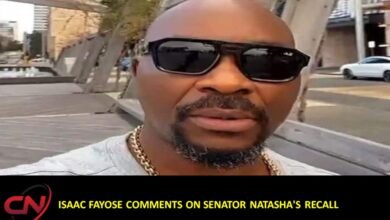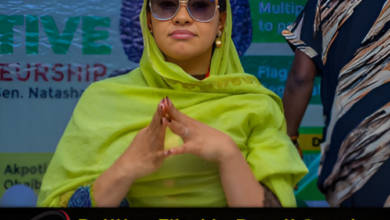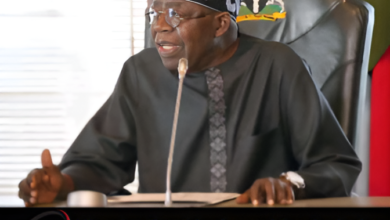Understaffed: Kano Headteacher Cries Out Over 15 Teachers for 2,943 Pupils
The current situation regarding primary education in Kano is almost unbearable, as some headteachers within the local government areas are complaining about the inadequate number of teaching staff. It is true that schools like Ungogo Special Primary School present a dire picture of the situations not only of the teachers but also of the pupils within such environments.

Understaffed: Kano Headteacher Cries Out Over 15 Teachers for 2,943 Pupils
Advertisements
The current situation regarding primary education in Kano is almost unbearable, as some headteachers within the local government areas are complaining about the inadequate number of teaching staff. It is true that schools like Ungogo Special Primary School present a dire picture of the situations not only of the teachers but also of the pupils within such environments.
Mr. Haladu Tanko, the head teacher of Ungogo Special Primary School located in Ungogo Local Government Area, has revealed alarming statistics. The school, which has a population of 2,943 students, has only fifteen teachers on its payroll. This sh0cking disparity in numbers makes it very difficult for any teacher to offer a good quality education and provide personal attention to pupils, if at all.

“The situation is becoming unbearable for both teachers and pupils,” Tanko admitted. “The current number of teachers is insufficient to handle the large number of students, and it is negatively impacting academic performance.”
The problem isn’t confined to Ungogo. The Headmaster of Yelwa Primary School in Dala LGA, Umar Aliyu, shared that his school has just 31 teachers for 1,164 pupils. Similarly, on the other side of Kano, Sabon Layi Primary School has 39 teachers catering to 1764 pupils, and Hotoro South Primary School has 30 teachers for 1432. These staggering statistics highlight the extent of the issue. . . .
The students themselves talk about the challenges they face. Head boy Nura Yusuf and head girl Jameela Suleiman of Ungogo Primary Special School called for immediate action to increase the number of teachers. They highlighted how overcrowded classrooms limited their learning opportunities and hindered progress.

The ripple effects of this teacher shortage are profound. Teachers are overburdened, students struggle to learn, and the quality of education suffers greatly. It’s not just about academic numbers—other aspects of the school system are also woefully inadequate. Mr. Aliyu of Yelwa Primary School cited key issues such as the lack of toilets and the urgent need for better school security to tackle th3ft and vandal!sm.
The common plea of these headteachers is clearly the need for immediate intervention. Tanko appealed directly to the state government and other stakeholders to address the labor crisis. “Increasing the number of teachers will significantly improve academic outcomes and reduce the burden on existing staff,” he stressed.

While the demanding situations may additionally appear overwhelming, they also provide an opportunity for action. Investing in education through employing more teachers, ensuring quality education, and improving the facilities will not only improve the lives of those students but also support Kano State’s future Education and teaching.
As of now, the state of these schools are a reminder that there are children behind the statistics whose aspirations and destinies are in the balance. Their teachers are doing everything possible at the moment, but the problem is that unless the structure changes completely, the weight that they bear now will be much more in the future. It is high time that the people in positions of decision-making power and those with vested interests hear and act—lest it is too late.









